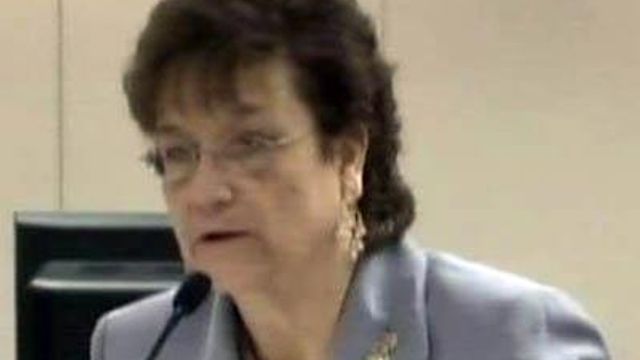Broadband bill bogs down
A bill that would limit cities' ability to offer public broadband service hit a speed bump today in House Finance.
Posted — UpdatedFor a while this morning, it looked like a controversial bill to limit public broadband systems would make it through the House without any public comment.
H129, the “Level Playing Field” bill, is the latest chapter in a long-running battle between telecommunications companies and municipalities. Local officials in five areas have set up their own municipal broadband service when cable companies wouldn't provide high-speed service to their areas. Cable companies are now seeking new restrictions on municipalities to offset what they say are unfair competitive advantages.
The bill was hustled through the House Public Utilities committee March 2nd, where many in attendance believed the voice vote went against it, even though the chairman declared that it passed – and then gaveled the committee closed, despite calls for a vote count. There were no public comments.
House Finance today appeared to be headed in the same direction. After an hour of debate over several amendments, Chairman Mitch Setzer (R-Catawba) told the committee he would call a vote today, despite protests from committee Democrats that the crowd of people waiting in the back of the room should be allowed to comment. "If time allows we'll hear from them,” Setzer said, “but we're gonna vote this bill."
Eight minutes later, after a conversation with Finance co-chair Julia Howard, R-Davie, Setzer reversed himself. “This committee will bring this bill back next Wednesday to allow the public to comment.”
H129 would place severe restrictions on new municipal broadband service unless it’s in an “unserved” community, defined as one where 90% of citizens don’t have access to high-speed connectivity. An amendment by Bill Faison, D-Orange, changed the threshold to 50%.
Bill sponsor Marilyn Avila, R-Wake, argued against the change, saying citizens shouldn’t be forced to pay taxes supporting services they’re not using. But Faison said 90% was too high. “In all fairness, you and Time Warner put this bill together,” Faison said. “It’s helping Time Warner maintain a monopoly.” His amendment passed, 14 to 12.
Warren says he’ll try again next week with a revised amendment. That gives H129 proponents a week to build opposition to it. Will the votes still be there Wednesday? We’ll find out.
Copyright 2024 by Capitol Broadcasting Company. All rights reserved. This material may not be published, broadcast, rewritten or redistributed.






